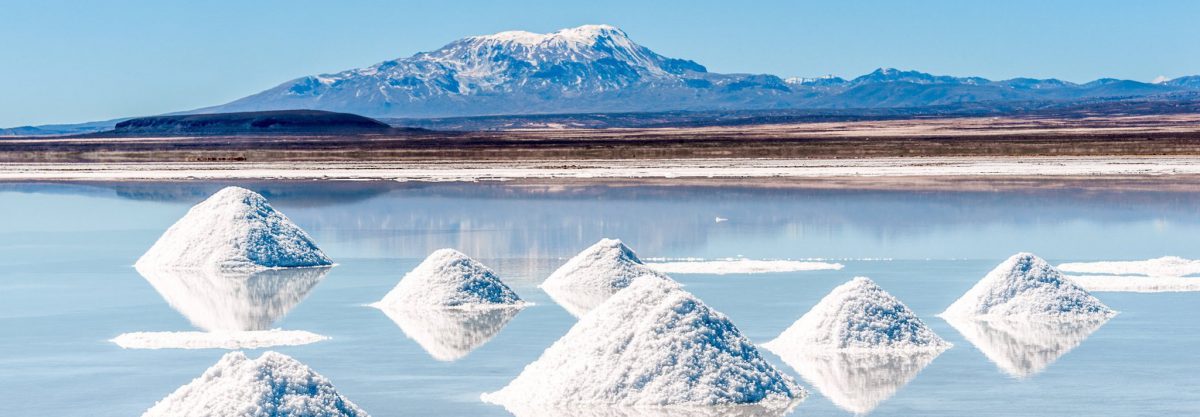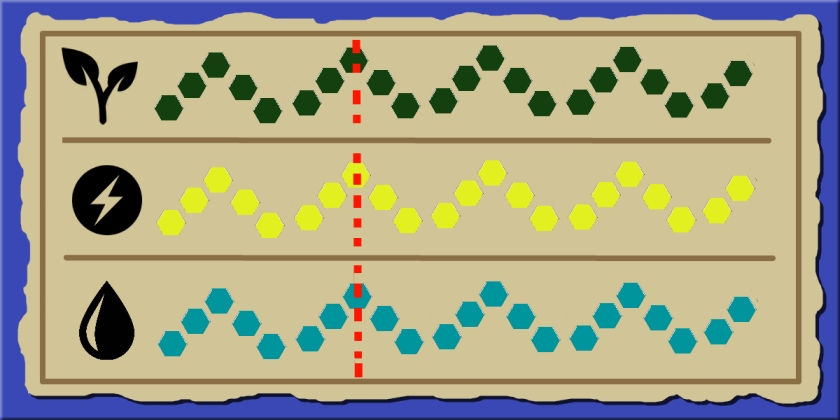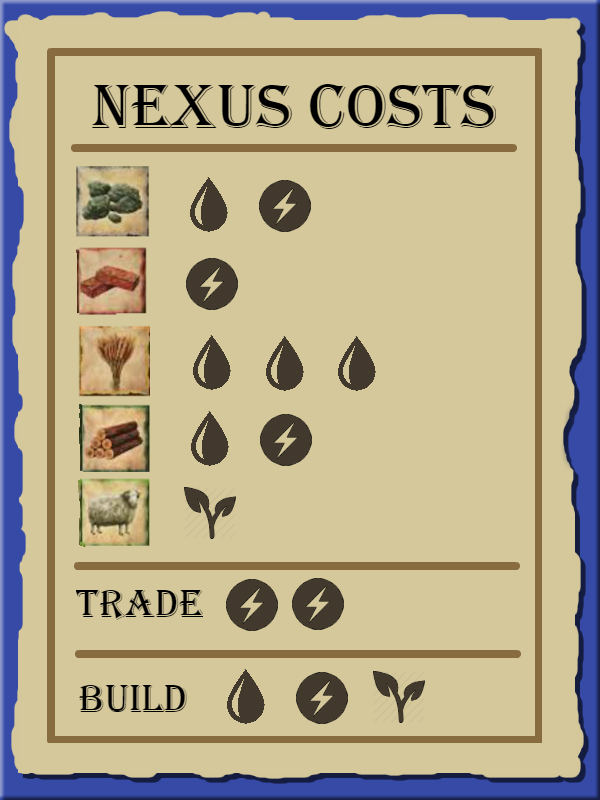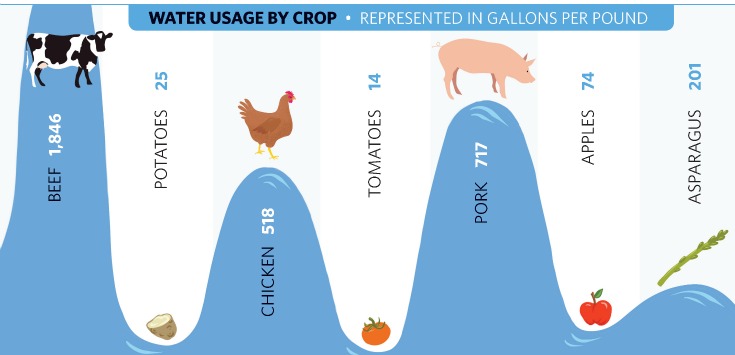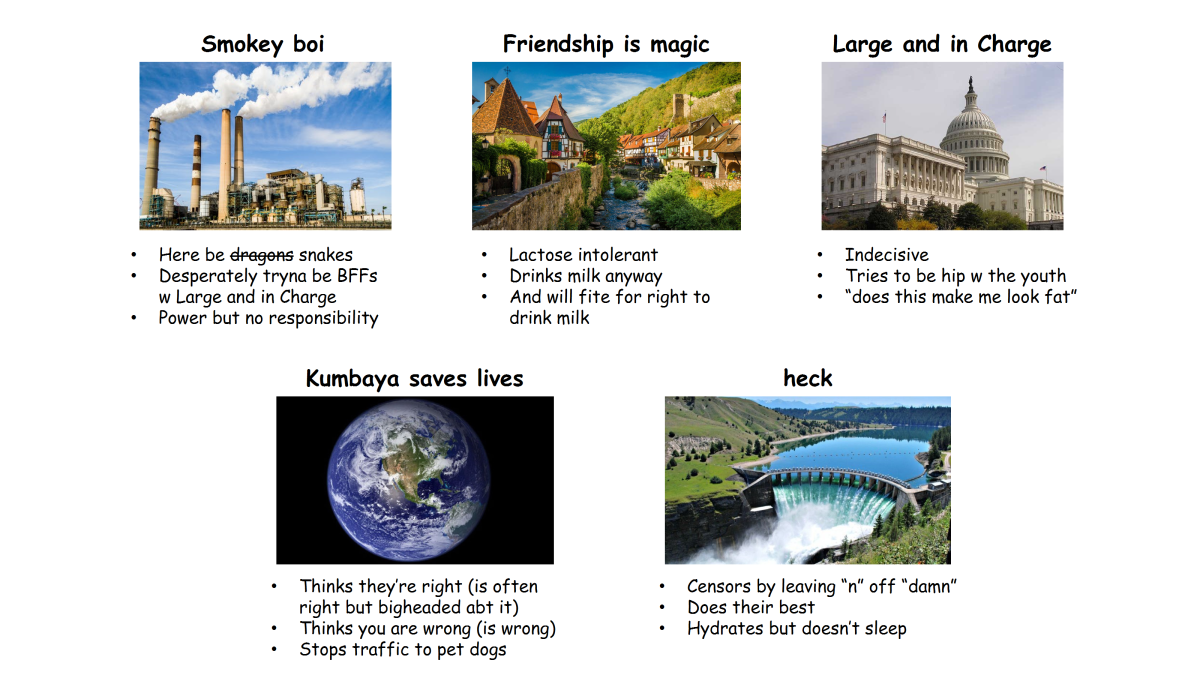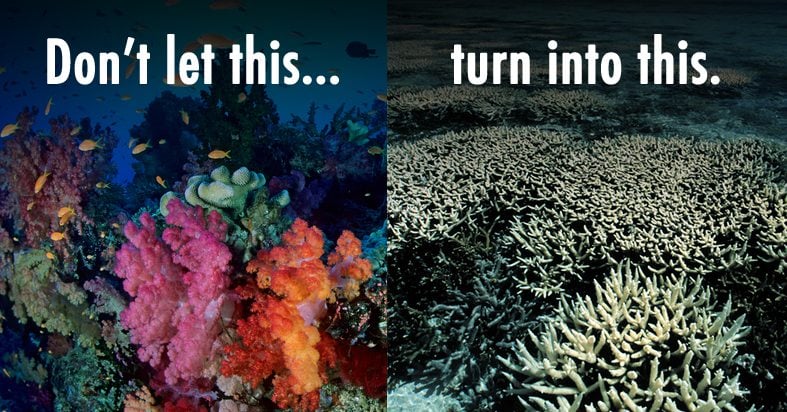Hi class,
I am glad to have gotten the chance to share a bit of my project on Solar Water Heaters with you yesterday. I have attached my paper comparing the development, production and implementation of Solar Photovoltaic and Solar Water Heaters in China, particularly through the lens of central and local government actors.
Our wordpress account doesn’t support audio files, but if you would like a copy of my podcast on the usage and implementation Solar Water Heaters in China and beyond, please let me know and I can send a copy to you. It was a great opportunity to explore a bit of my Chinese roots and talk to members of my rural community. It was particularly interesting to hear their perspective on the widespread use of SWH in China.
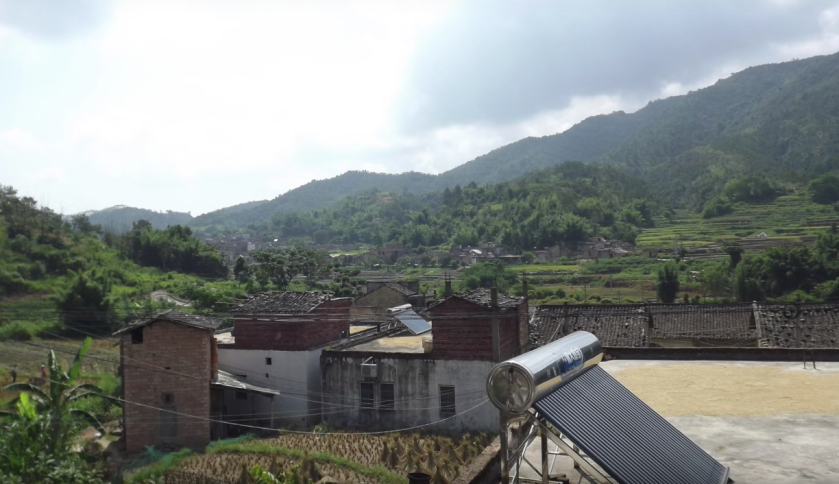
This is a photo of a Solar Water Heater on the roofs of buildings in my rural village. I happened across this photo by chance when I was showing my friend a photo for a different project and recognized the SWH from this project! I was pretty surprised considering I randomly snapped this photo a few years ago and a SWH is right in the center.
Take a look at my essay for more photos of SWH in China!
Best,
Yi
